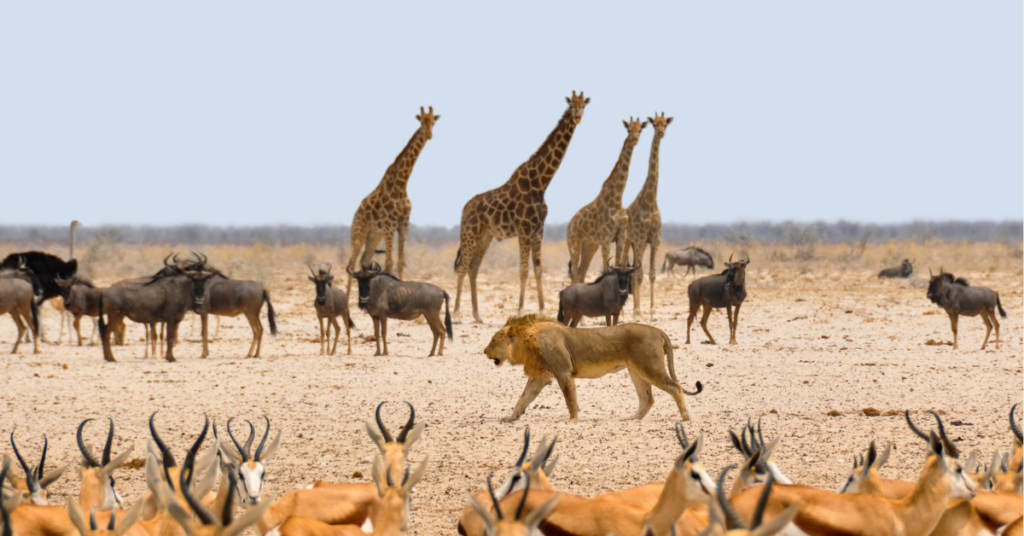
1. Compare and contrast the behavior of wild animals versus domesticated animals.
2. Analyze the various forms of animal communication, including visual, auditory, and chemical signals.
3. Discuss the adaptive significance of different feeding behaviors observed in animals.
4. Examine the factors influencing animal territorial behavior and its role in resource distribution.
5. Investigate the mechanisms and benefits of group living and cooperative behavior in animal societies.
6. Analyze the concept of altruistic behavior in animals and the evolutionary explanations behind it.
7. Discuss the different types of animal learning, including classical conditioning, operant conditioning, and observational learning.
8. Explore the phenomenon of animal cognition and the ability of animals to solve problems and demonstrate intelligence.
9. Investigate the role of hormones in regulating animal behavior, including reproductive behaviors and aggression.
10. Analyze the impact of human activities on animal behavior and the ethical considerations involved.